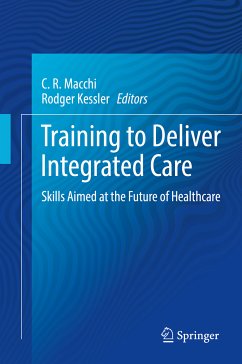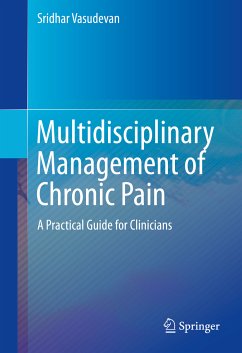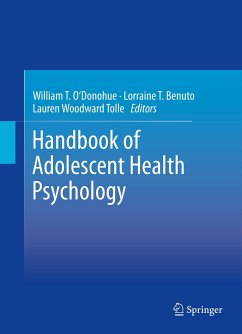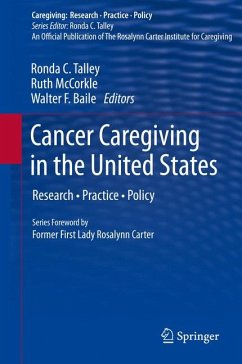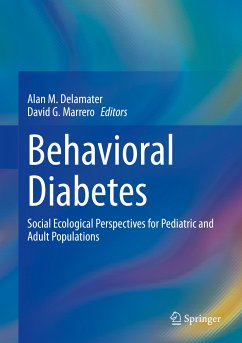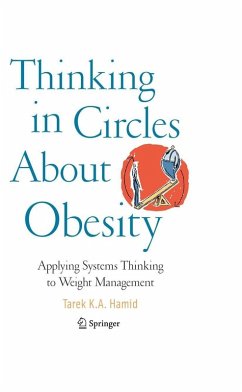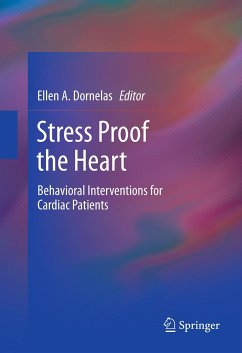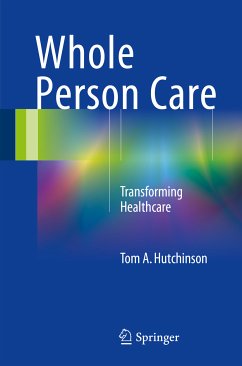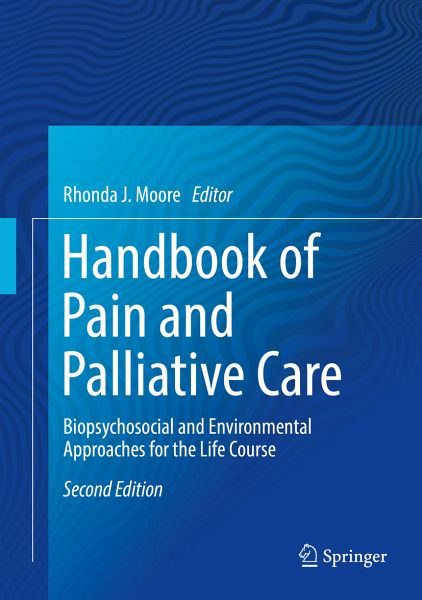
Handbook of Pain and Palliative Care (eBook, PDF)
Biopsychosocial and Environmental Approaches for the Life Course
Redaktion: Moore, Rhonda J.
Versandkostenfrei!
Sofort per Download lieferbar
232,95 €
inkl. MwSt.
Weitere Ausgaben:

PAYBACK Punkte
116 °P sammeln!
This comprehensive revision of the invaluable reference presents a rigorous survey of pain and palliative care phenomena across the lifespan and across disciplines. Grounded in the biopsychosocial viewpoint of its predecessor, it offers up-to-date understanding of assessments and interventions for pain, the communication of pain, common pain conditions and their mechanisms, and research and policy issues. In keeping with the current public attention to painkiller use and misuse, contributors discuss a full range of pharmacological and non-pharmacological approaches to pain relief and managemen...
This comprehensive revision of the invaluable reference presents a rigorous survey of pain and palliative care phenomena across the lifespan and across disciplines. Grounded in the biopsychosocial viewpoint of its predecessor, it offers up-to-date understanding of assessments and interventions for pain, the communication of pain, common pain conditions and their mechanisms, and research and policy issues. In keeping with the current public attention to painkiller use and misuse, contributors discuss a full range of pharmacological and non-pharmacological approaches to pain relief and management. And palliative care is given expanded coverage, with chapters on interventive, ethical, and spiritual concerns.
· Pain, intercultural communication, and narrative medicine.
· Assessment of pain: tools, challenges, and special populations.
· Persistent pain in the older adult: practical considerations for evaluation and management.
· Acute to chronic pain: transition in the post-surgical patient.
· Evidence-based pharmacotherapy of chronic pain.
· Complementary and integrative health in chronic pain and palliative care.
· The patient's perspective of chronic pain.
· Disparities in pain and pain care.
This mix of evolving and emerging topics makes the Second Edition of the Handbook of Pain and Palliative Care a necessity for health practitioners specializing in pain management or palliative care, clinical and health psychologists, public health professionals, and clinicians and administrators in long-term care and hospice.
· Pain, intercultural communication, and narrative medicine.
· Assessment of pain: tools, challenges, and special populations.
· Persistent pain in the older adult: practical considerations for evaluation and management.
· Acute to chronic pain: transition in the post-surgical patient.
· Evidence-based pharmacotherapy of chronic pain.
· Complementary and integrative health in chronic pain and palliative care.
· The patient's perspective of chronic pain.
· Disparities in pain and pain care.
This mix of evolving and emerging topics makes the Second Edition of the Handbook of Pain and Palliative Care a necessity for health practitioners specializing in pain management or palliative care, clinical and health psychologists, public health professionals, and clinicians and administrators in long-term care and hospice.
Dieser Download kann aus rechtlichen Gründen nur mit Rechnungsadresse in A, B, BG, CY, CZ, D, DK, EW, E, FIN, F, GR, HR, H, IRL, I, LT, L, LR, M, NL, PL, P, R, S, SLO, SK ausgeliefert werden.




